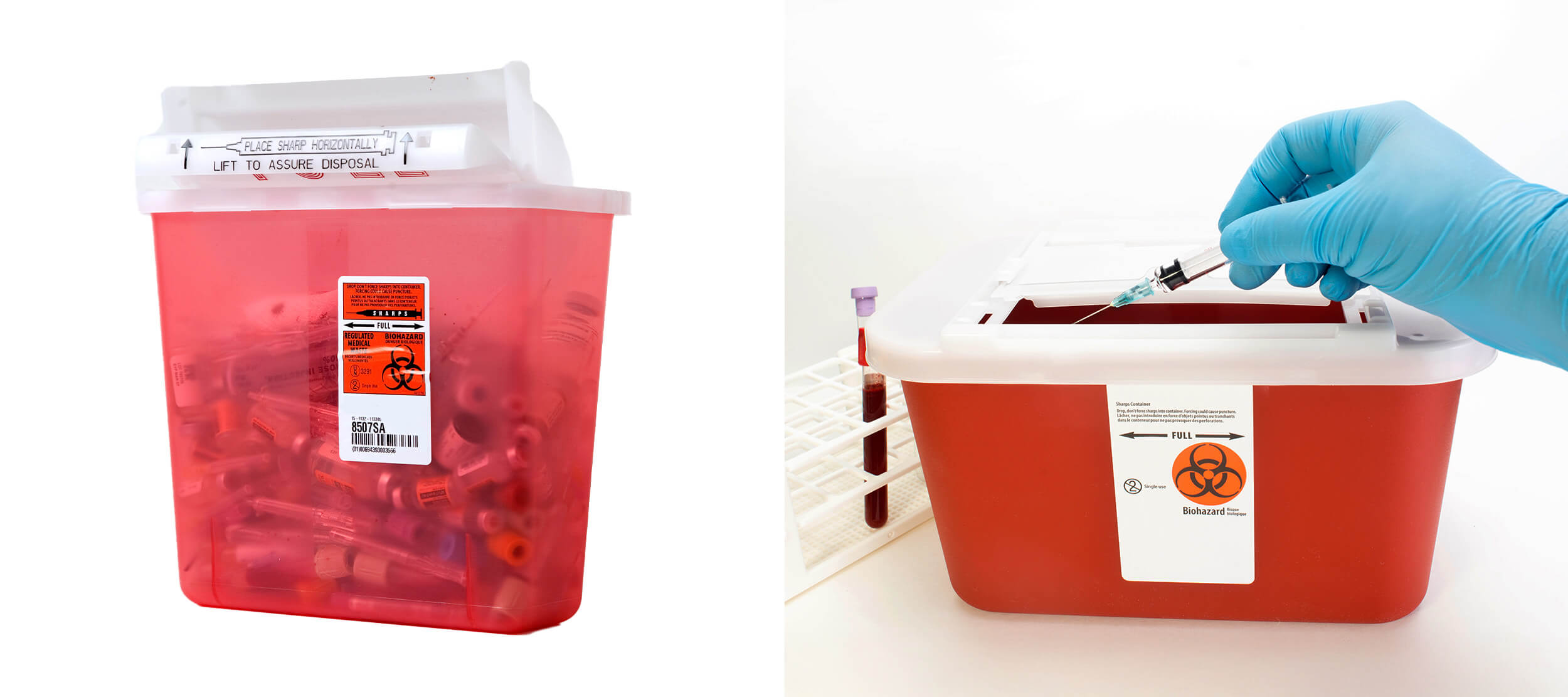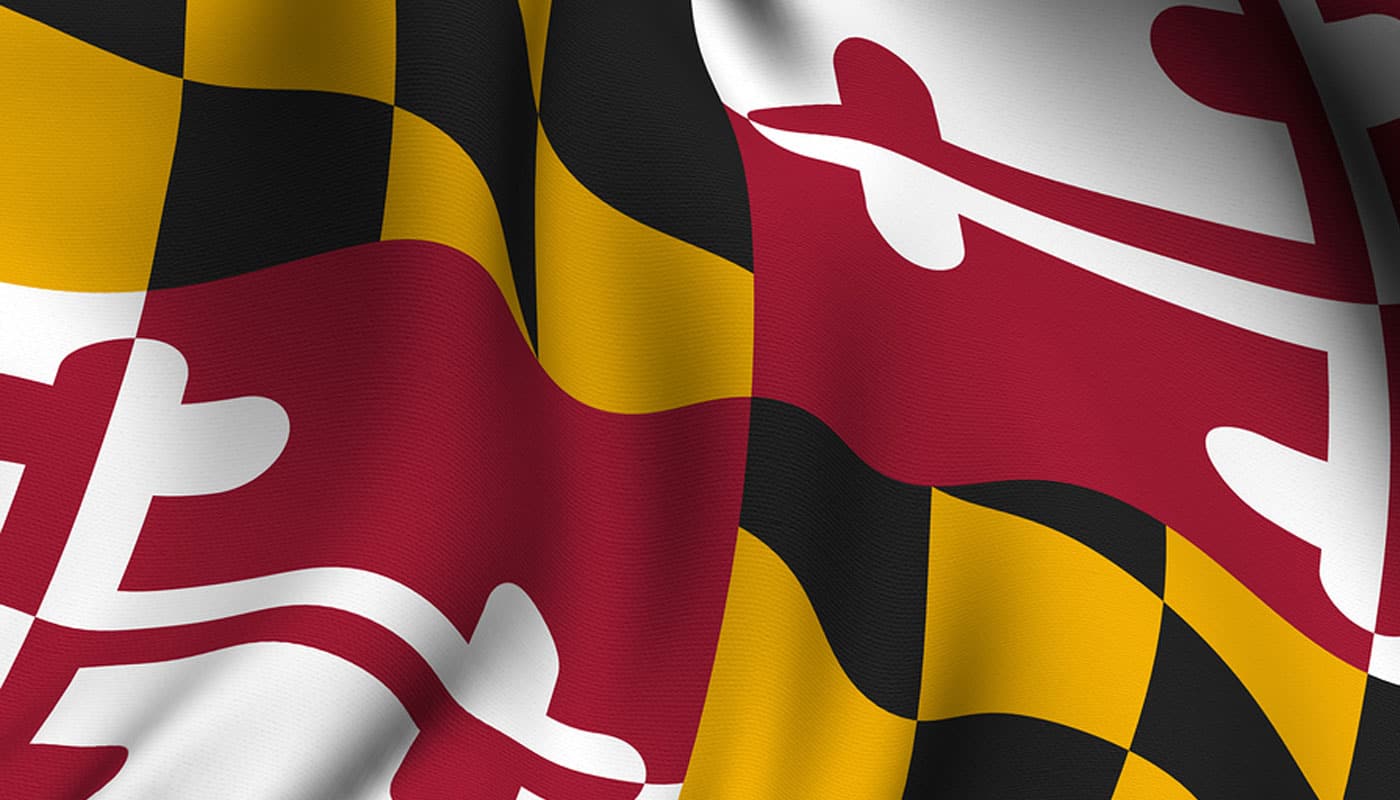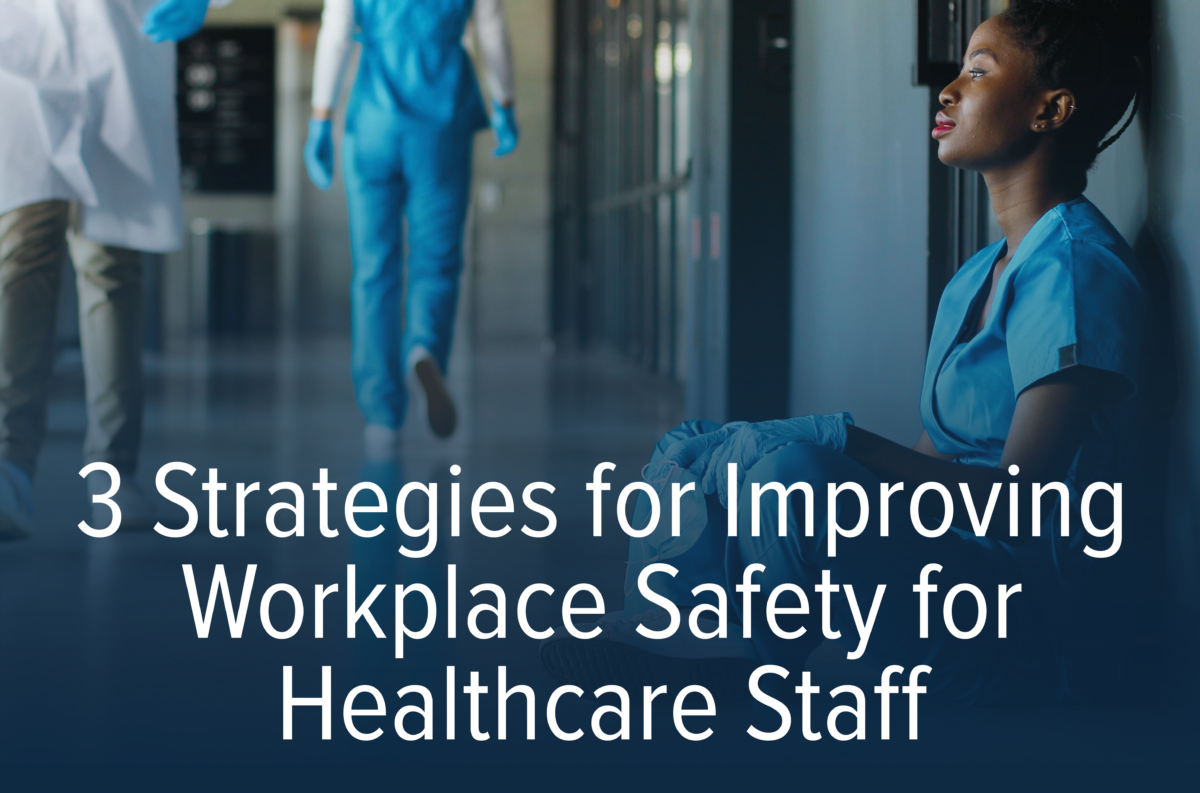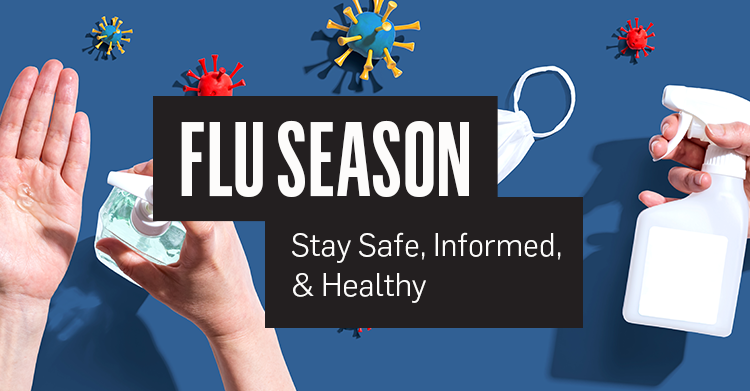Safe Disposal: Where To Dispose of Sharps Containers
Medical waste such as used needles, syringes, and other sharps, when left unchecked, can cause accidental needlestick injuries and potential exposure to serious infections, making their safe disposal a critical public health priority. Because of these serious risks, regulations and public health guidelines recommend using sharps containers, durable, leak-proof bins built to store used needles and syringes until safe sharps disposal.
Yet one of the most common questions people face is not about using these containers, but about what to do once they’re full. Where to dispose of sharps containers? Can they go in the regular trash? Should they be returned to a pharmacy, hospital, or collection site? The answer often depends on local regulations and the resources available in your community. In this blog, we’ll break down the safe and responsible ways to dispose of sharps containers, helping you protect yourself, others, and the environment from unnecessary harm.
What Is Sharps Disposable Waste?
Sharps disposable waste includes any medical item that can puncture, cut, or pierce the skin and has been used in healthcare, laboratory, or home-care settings. These items pose serious risks if mishandled, including accidental injuries and exposure to bloodborne infections such as hepatitis B, hepatitis C, and HIV.
Common examples include hypodermic needles, syringes, lancets, scalpel blades, infusion sets, suture needles, and broken glass vials contaminated with bodily fluids. Even small items can cause significant harm if discarded in regular trash.
Sharps waste is unique because of its combined physical and infectious hazards. It is classified as regulated biomedical or clinical waste worldwide and must be placed immediately after use into rigid, puncture-resistant containers.
Understanding Specialized Sharps Disposal Containers?
Sharps containers disposal are specially designed receptacles used to collect and store items like needles, syringes, lancets, and scalpels. Unlike ordinary trash bins, they are engineered to prevent two major risks: accidental cuts or punctures and exposure to bloodborne pathogens. Their core features include rigid, puncture-resistant walls, leak-proof sides and bottoms, and a secure lid that prevents sharps from spilling or protruding. FDA-cleared containers also have visible fill lines (usually at three-quarters full) and biohazard labels or color coding for safe identification. These design elements ensure safety in both homes and healthcare settings.
In the U.S., FDA-cleared sharps containers are the preferred choice since they are evaluated for safety and effectiveness. If unavailable, heavy-duty household containers such as laundry detergent jugs may be used, provided they are puncture-resistant, leak-proof, sealable, and compliant with local sharps needle disposal rules. Full containers can be returned through mail-back programs, pharmacies, or community drop-off points.
Sizes range from portable one-quart bins suitable for self-injecting patients to multi-gallon units used in clinics and hospitals. Entry styles vary, including vertical drop, side slots, hinge caps, or mailbox lids, offering options that balance convenience and protection.
What Should You Do Before Disposing Of Needles In Sharps Containers?
Prepare for Safe Disposal
Before disposing of a needle, place it immediately into a sharps container without recapping, bending, or breaking it. Handling needles after use significantly increases the risk of needlestick injuries and potential exposure to bloodborne pathogens. Always insert both the needle and syringe together to avoid direct contact.
Use the Right Container
FDA-cleared sharps containers are the safest choice since they are puncture-resistant, leak-proof, and fitted with secure lids. They also include visible fill lines, usually at three-quarters full, indicating when it is time to seal and replace the container. If an FDA-cleared option is unavailable, you may use a sturdy household container, such as a laundry detergent bottle, but only if it is rigid, puncture-resistant, leak-proof, tightly sealable, and properly labeled. Always check local guidelines before using alternatives for sharps biomedical waste management practices.
Store Properly Until Full
Keep the sharps container upright, close the lid between uses, and store it out of reach of children and pets. Never overfill the container, as protruding sharps create a serious safety hazard.
Respond to Accidents Immediately
If a needlestick injury occurs, wash the affected area with soap and water and seek medical care promptly. Workplaces should follow occupational exposure protocols and report incidents as required.
How To Dispose Of Sharps From Containers Safely
Seal the Container Correctly
Proper disposal of sharps begins with ensuring that the container is ready for disposal. Once your sharps container reaches the fill line, usually about three-quarters full, do not overfill it, as protruding needles increase the risk of accidental injury. Close the lid securely according to the manufacturer’s instructions, ensuring that it is locked or sealed to prevent any spillage. This is the first step in safe sharps needle disposal.
Understand Local Disposal Guidelines
Sharps disposal is regulated by federal, state, and local authorities to prevent injury and contamination. Before disposing of a sealed container, familiarize yourself with your region’s rules. Many municipalities and states have specific guidelines for pharmaceutical waste management, including the types of containers allowed and the approved disposal methods. Some areas permit the use of sturdy, heavy-duty household containers, like rigid laundry detergent bottles, if FDA-cleared containers are unavailable, but these must be puncture-resistant, leak-proof, labeled appropriately, and disposed of according to local regulations.
Use Authorized Collection Points
Sealed sharps containers should only be taken to approved collection sites. Common options include:
- Pharmacy and hospital drop-off points: Many pharmacies and healthcare facilities provide secure sharps disposal boxes for public use.
- Household hazardous waste facilities: These facilities safely handle medical waste alongside other regulated materials.
- Mail-back programs: These provide prepaid, FDA-approved containers that can be mailed back to certified disposal services.
- Professional medical waste services: Clinics, hospitals, and other large-volume users often partner with licensed vendors for regular collection and safe processing.
Avoid Unsafe Practices
Never dispose of loose needles, syringes, or full sharps containers in regular household trash or recycling bins. Flushing sharps down the toilet is also unsafe. Improper disposal can lead to injuries for sanitation workers, household members, and the general public, and it poses a significant environmental risk.
Why Secure Waste?
Secure Waste delivers dependable, compliant, and hassle-free medical waste solutions for healthcare facilities, clinics, laboratories, and even home-care settings. With over 25 years of industry expertise, we specialize in biohazardous waste management and sharps disposal in Maryland, Virginia, and Washington, D.C., ensuring strict regulatory compliance and environmental responsibility.
Our no-contract policy, flexible scheduling, and transparent pricing make it easy to integrate professional and safe sharps waste management into your operations. Fully licensed, bonded, and insured, Secure Waste guarantees secure handling from collection to disposal. Partnering with us means protecting your staff, patients, and community while simplifying compliance, making Secure Waste the trusted choice for safe, responsible, and cost-effective sharps disposal.
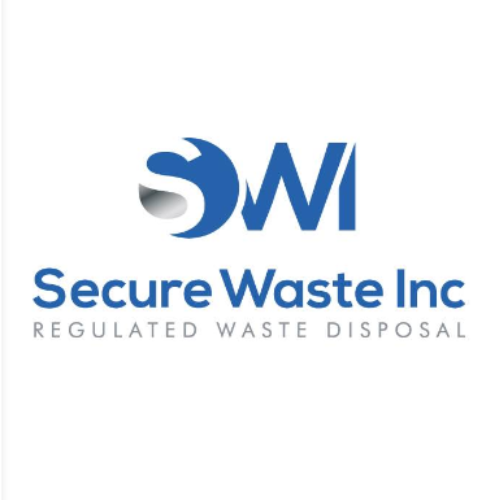
Expert Medical Waste Management: With over 25 years of industry experience, Secure Waste is a trusted local leader in hazardous and biohazardous waste disposal across Maryland, Virginia, and Washington, D.C. Specializing in medical waste management, sharps needle disposal, and biohazard waste removal, the company ensures full compliance with federal, state, and local regulations while prioritizing environmental sustainability.
The company also offers additional services, including secure document shredding and sharps container sales, providing comprehensive solutions for healthcare facilities and businesses. Our cost-effective services help clients maintain regulatory compliance without unexpected costs.
With a commitment to customer satisfaction, Secure Waste offers tailored waste management plans that align with industry best practices. Their team of experts provides reliable, timely, and compliant services, making them the preferred choice for medical waste disposal. For a free waste quote or more information, visit www.securewaste.net
